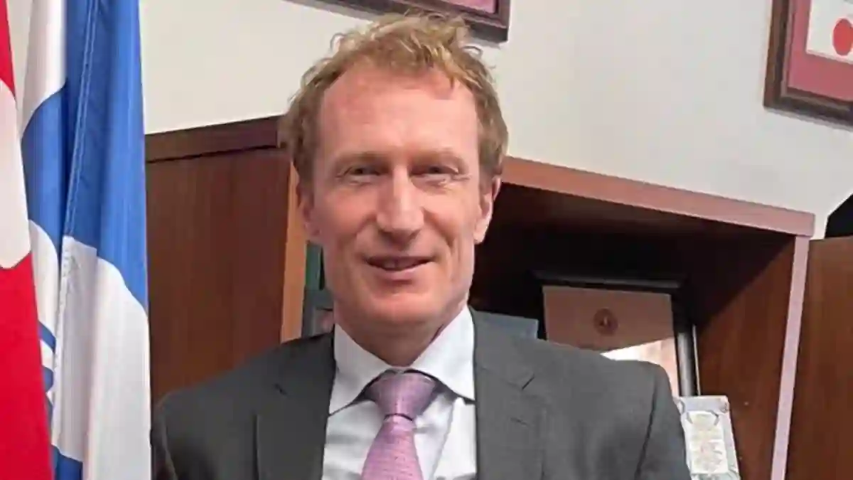

In the midst of escalating tensions between India and Canada over the issue of Khalistan, Canadian Immigration Minister Marc Miller strongly rebuffed remarks made by India's External Affairs Minister Dr. Jaishankar. Dr. Jaishankar criticized Canada for allegedly permitting individuals with ties to organized crime to immigrate, despite warnings from India. Speaking in an interview with Cable Public Affairs Channel (CPAC), Minister Miller refuted these allegations, asserting that Canada is not lax on immigration policies. He stated that Dr. Jaishankar is entitled to his opinion but emphasized that the accusations were inaccurate.
Dr. Jaishankar's comments came in response to Canada's stance on welcoming individuals from India with purported links to organized crime, despite alerts from Indian authorities. He specifically mentioned the presence of individuals in Canada with pro-Pakistan leanings who had formed influential political lobbies. When questioned about the visa status of these individuals, Minister Miller declined to provide detailed information due to an ongoing police investigation, directing inquiries to the Royal Canadian Mounted Police (RCMP).
The strained relations between India and Canada have further deteriorated with Dr. Jaishankar's criticism of the Canadian government's issuance of visas to individuals associated with organized crime for purported political reasons. He accused Canada of legitimizing extremism, separatism, and advocates of violence under the guise of free speech. Dr. Jaishankar's remarks followed Canada's announcement of the arrest of three Indian nationals allegedly involved in the murder of Khalistan terrorist Hardeep Singh Nijjar.
Expressing concern, Dr. Jaishankar highlighted how certain individuals with dubious backgrounds have organized themselves politically in some countries, influencing politicians to cater to their interests. He pointed out that these individuals seek to create a political foothold, leveraging community support through political lobbying. Dr. Jaishankar singled out Canada as India's foremost concern in this context, suggesting that the country believes it can act with impunity in fostering criminals.
The exchange of words between Indian and Canadian officials underscores the deepening tensions between the two nations. Canada's handling of immigration and its perceived leniency towards individuals with questionable backgrounds have drawn sharp criticism from Indian authorities. In response, Canada maintains that its immigration policies are robust and rejects allegations of laxity.
The situation reflects broader geopolitical dynamics, with both countries navigating complex issues related to immigration, security, and bilateral relations. The dispute highlights the challenges of managing diplomatic relations amid divergent perspectives and conflicting interests.
As India and Canada grapple with these issues, the need for constructive dialogue and mutual understanding becomes increasingly crucial. Both nations must work towards resolving differences and strengthening cooperation to address shared challenges effectively. In the face of escalating tensions, diplomatic engagement and respectful dialogue remain essential to fostering positive relations between India and Canada.
Having an 'Identity Verified' badge or being 'Identity Verified' simply indicates that an individual has submitted information to complete our identity verification process or we have conducted internal verification using various authorized websites. While this process includes safeguards, it does not guarantee that the person is who they claim to be.
If you encounter any issues with this profile, please report them here. While all consultants who are verified have RCIC ID, we may not have the latest data in terms of their renewal/cancellation/discontinuation of their RCIC ID.
The "Verified Consultants" profiles are created using publicly available information, including data from the IRCC website, official consultant sites, other listing platforms, and social media. Immiperts.com is an independent platform, not affiliated with IRCC or any registered immigration consultants. To update, claim, or remove your profile, please contact us at hello@immiperts.com.
╳